Made up of representatives from across the industry, the panel on Wednesday (22 February) discussed the main challenges for delivering the reforms in the coming years and how they will work together for the consumer and the wider supply chain.
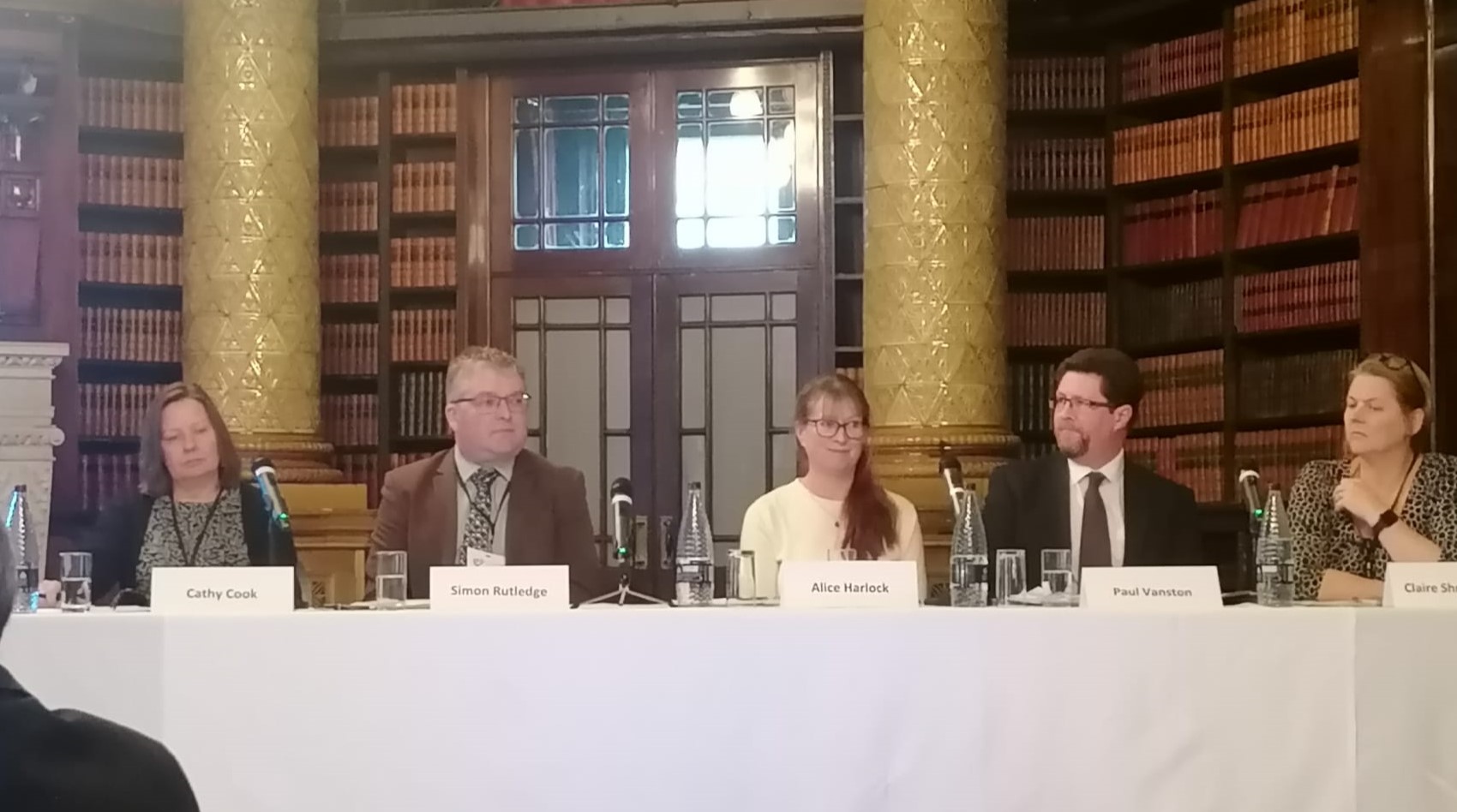
Interlinked
Claire Shrewsbury, director of insights and innovation at WRAP, began when she explained that EPR, consistency and the DRS are all linked, and it is “vital that the implementation of these reforms are done in a really consistent way and the interdependencies between them are really considered carefully”.
She explained that WRAP has been working with government on this to avoid “unintended consequences” for the consumer.
Ms Shrewsbury added that the sector “has to ensure we keep the focus on the citizen”. She explained that is going to be “really vital, but where we might end up is a system with a plethora of different DRS schemes, labels, a packaging recycling label or not recycling label and glass in or out of a DRS”.
“So what we’ve really got to do is put the citizen at the centre and think how we as a complete supply chain are going to be able to ensure that citizens can do the right thing.”
Local authorities
Echoing this was Cathy Cooke, chair of LARAC, who explained that while the reforms should, if rolled out correctly, make things easier for the citizen, behind the scenes this “brings a huge number of challenges for local authorities”.
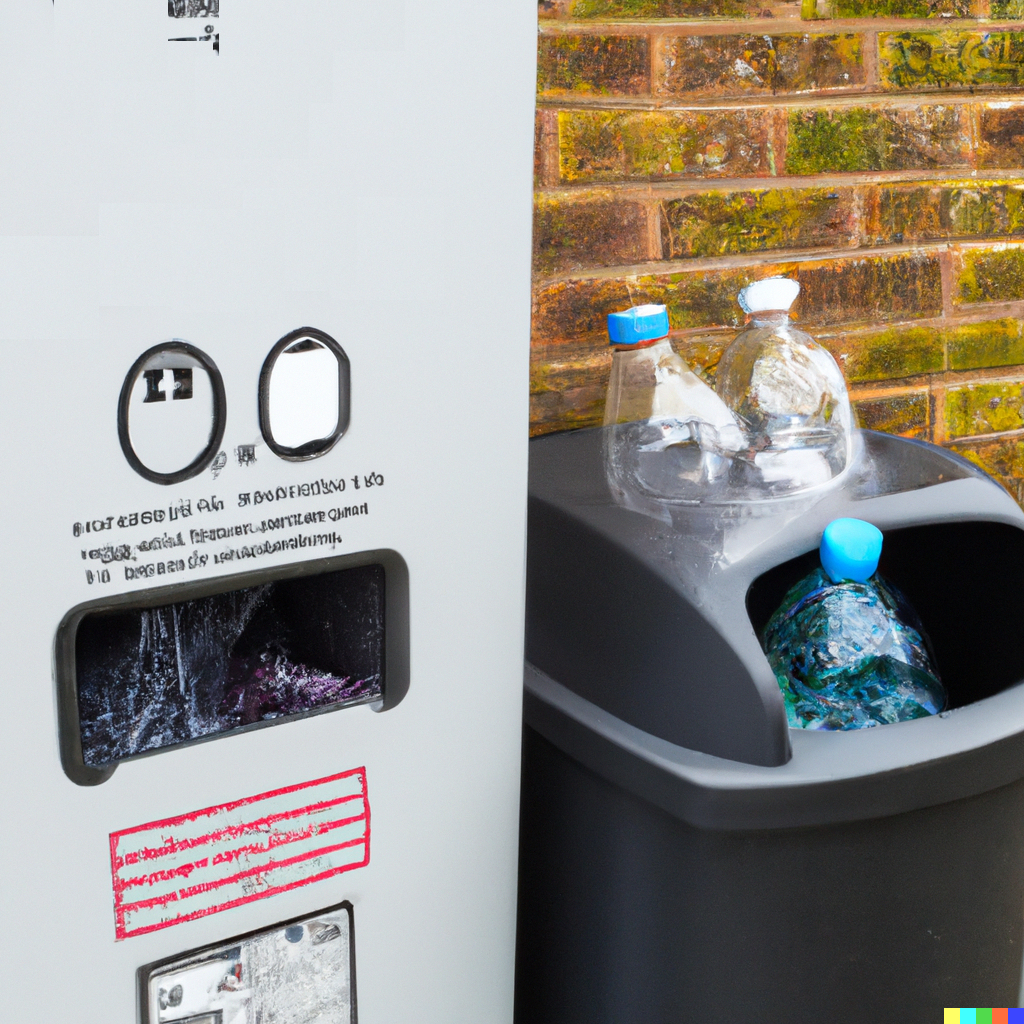
She explained: “Although we’ve had the DRS and the EPR responses from government, they probably raised more questions than answers. I still come up with new questions that I’m uncertain of around the regulations.”
Ms Cooke added that in her discussions with Defra, there have been separate representatives for EPR, consistency and the DRS.
“I don’t see that there’s a lot of talking in between the three and there needs to be this interdependency. I think that there are some things within some of the reforms that go against some of the others.
“For example with consistency we are probably expecting Defra to mandate, where possible, multi stream. Does that mean that every single household needs to have a separate container for plastics and cans? If that’s so, under the DRS are most of those bins going to be three quarters empty because those materials are going to go into DRS? I would like to see Defra working together more – looking at a package of measures rather than individual.”
Consistency
Simon Rutledge, group external affair and sustainability manager at Biffa, later explained that consistency in the DRS across the four nations “would have been a nice approach to take”.

However, he said there is still an opportunity with some of the practical implementation of the remaining issues around EPR and DRS to make it as consistent as possible, but more clarity is needed.
“As an industry, we’re being asked to make big investment decisions based on quite a lot of uncertainty and how do we communicate simple, straightforward messages to producers?
“We’ve talked about EPR data provision requirements asking for data from January, but we haven’t got the regulations yet. However, the government says that it’s a legal requirement.
“I come from a legal and environmental law background, I want to make sure we get a detailed regulation so that the guidance and the policy and the systems we’re investing in do meet the requirements and just making sure that we aren’t going off down the wrong track and expending money and energy where it might go to waste.”
Timelines
Alice Harlock, services manager at the OPRL, raised concerns about timeframes. She said the existing timelines to implement the reforms are “really, really challenging”.
She said: “We talk to producers of all sizes, and the cost impact, the longer waiting for the detail is really, really critical.
“They’re facing a lot of challenges at the moment from all sorts of different sectors anyway, and this is just an extra one on the horizon that they’re struggling with.”
Instead of asking the questions, we may need to come up with the answers ourselves
- Paul Vanston, INCPEN
‘Working together’
Later in the discussion, Paul Vanston, chief executive of INCPEN, explained that the whole value chain may need to “come up with answers ourselves” due to the lack of detail so far.
He explained that the EPR scheme administrator won’t be in place until the end of the year so the entire value chain may have to do some things themselves. This includes “galvanising the work that we all need to do together through a transition plan between now and the 2030s”.
Mr Vanston said: “Instead of asking the questions, we may need to come up with the answers ourselves. I’d rather do that with the governments, but if we have to do it complementary to the government’s processes, I’m in that ballpark as well.”





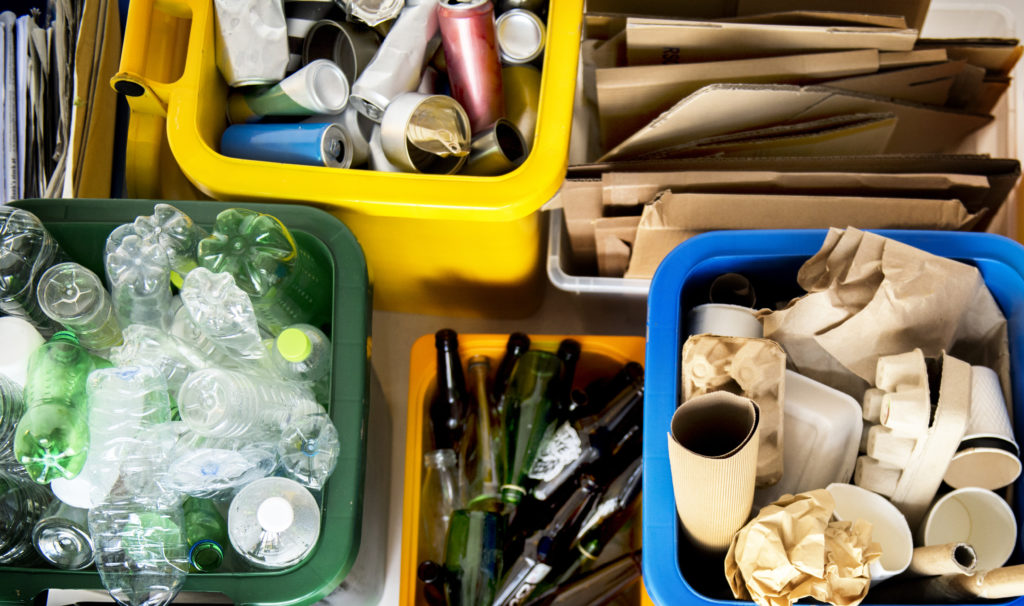

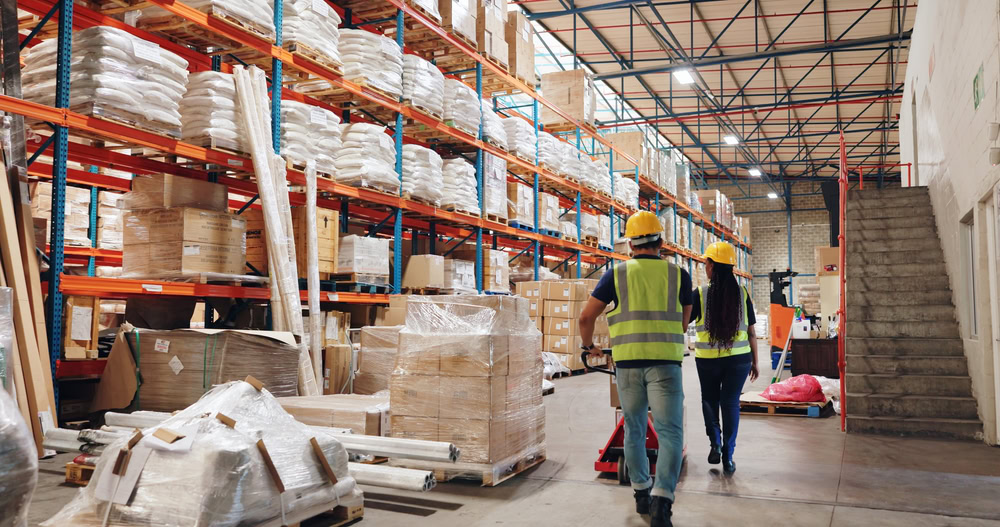

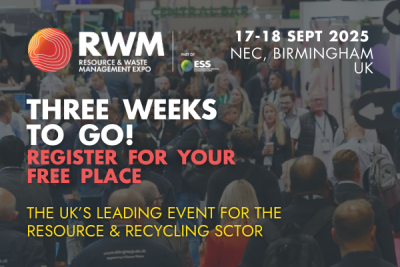
Subscribe for free